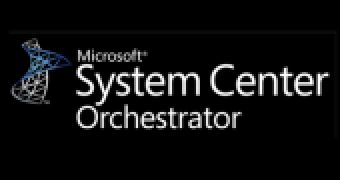The first Beta development milestone of System Center Orchestrator 2012 will be offered to early adopters soon, Microsoft confirmed, although the company failed to share a specific availability deadline.
However, customers interested in test driving the new Orchestrator of System Center 2012 will not have to wait all that long.
According to Adam Hall, Senior Technical Product Manager, the System Center Orchestrator 2012 Beta evaluation program is scheduled to start in June 2011.
Most probably, the software giant will also provide testers with the System Center Orchestrator 2012 Beta bits next month.
“I would encourage all of you to take the new Beta for a spin, and please provide your feedback. We will be running an evaluation program which is open to everyone,” Hall said.
“The evaluation program will take you on a guided tour of the Orchestrator Beta, providing documentation on a variety of topics, a ready-made environment if you just want to spin up quickly (although the new Installer is very quick and easy!) and regular access to the Orchestrator product team.”
Hall reveals that Microsoft has already received a range of positive feedback after announcing the forthcoming release of System Center Orchestrator 2012.
“The engineering team are working incredibly hard to make this release a success, and we are getting very close to making available the very first build,” he said.
System Center customers are bound to already be familiar with Orchestrator, although this is a new component of the management solution.
Still, System Center Orchestrator 2012 is nothing more than the evolution of the product with the integration of Opalis Software.
“The System Center Orchestrator Beta marks a significant milestone, indicating a move of the codebase from the Opalis subsidiary to Microsoft System Center. This has many positive benefits, including a removal of the licensing complexity around the ‘grant’ of Opalis, greater alignment to the Microsoft Common Engineering Criteria and also things like the Support Lifecycle,” Hall added.

 14 DAY TRIAL //
14 DAY TRIAL //